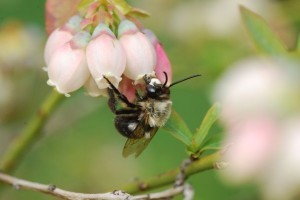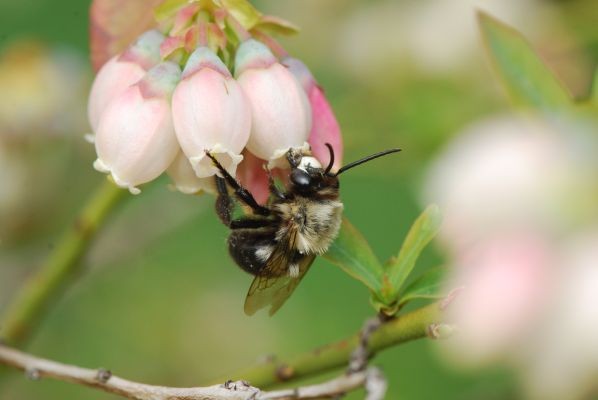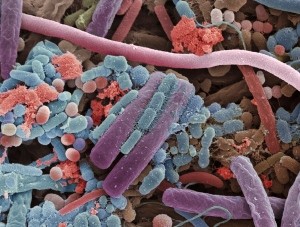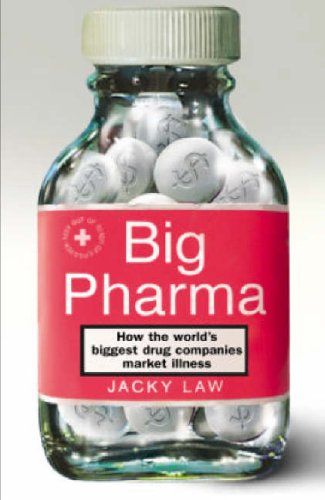
Monsanto will continue selling seeds coated with pesticides that have been linked to honey bee deaths, even though the U.S. Environmental Protection Agency found the seeds do not improve yields. The seeds in question are treated with a class of chemicals called neonicotinoids, which are chemically similar to nicotine.
Last week, the EPA released an analysisthat concluded that “these seed treatments provide negligible overall benefits to soybean production in most situations.” The report also said that according to published data, “in most cases there is no difference in soybean yield when soybean seed was treated with neonicotinoids versus not receiving any insect control treatment.” But Bayer and Syngenta, which manufacture the insecticides, and Monsanto, DuPont and Dow, which sell the treated seeds, say their products do benefit farmers.
Neonicotinoids Lead to ‘No Difference’ in Soybean Yields
The use of neonics becomes even more tragic (and greedy) after an analysis by the US Environmental Protection Agency (EPA) found they do little, if anything, to boost crop yields. Bayer, for instance, continues to claim that neonicotinoids help farmers to increase productivity.
But this is not what the EPA’s analysis revealed. According to the EPA, which analyzed the use of neonicotinoids for insect control in US soybean production:
“EPA concludes that these seed treatments provide little or no overall benefits to soybean production in most situations. Published data indicate that in most cases there is no difference in soybean yield when soybean seed was treated with neonicotinoids versus not receiving any insect control treatment.”
A public comment period on the analysis is open until December 22, 2014… let’s hope that after that time the EPA will take action against these environmentally destructive chemicals. To date, …
Laboratory studies suggest that low doses of neonicotinoids can alter bees' behavior in other harmful ways, keeping colonies from producing queen bees or disorienting foraging bees so that they can no longer find their way back to the hive. Last year, the European Union temporarily banned three neonicotinoids, out of concern for their risks to bees.
And a recent study by the U.S. Geological Survey found the agricultural chemicals are also leaching into Midwestern rivers and streams, where they may pose a threat to aquatic life. Still, Bayer, which sells the most neonicotinoids, insists that most research shows they are safe. And in a written statement provided to St. Louis Public Radio, Monsanto said it plans to continue “to provide growers the choice of using these insect-protection products next year.”
Please Read this Article at Articles.Mercola.com





Leave a Reply